Without giving anything away, Wind River concludes with a title card spelling out a theme that I can only imagine was more relevant in previous drafts of the script but that director Taylor Sheridan (writer of the superior Hell or High Water) loved so much that he went ahead and kept, despite it being a laughably inept way of summing up the final cut of his tale of loneliness and tragedy.
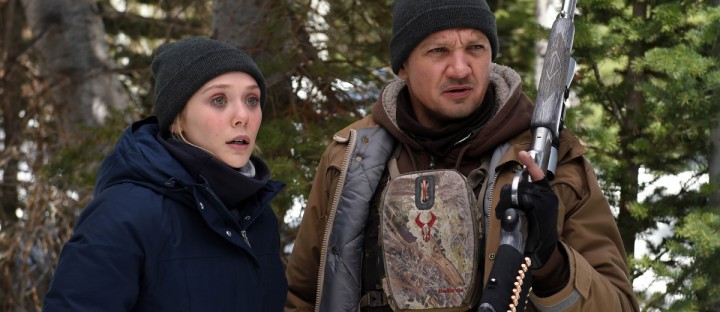
This, unfortunately, is indicative of the film as a whole. And be warned: It’s a nasty piece of work. It gets right down to business without much fuss and isn’t squeamish in the slightest of its own subject matter. More than anything, it reminded me of something Sean Penn might’ve directed 15 years ago. But the mood and point of view of the film are flimsy at best, and it never truly nails down what exactly it’s trying to say. There are just way too many thematic elements fighting for dominance and, as a result, none of them land as hard as they should. For a story as neat and clean as this one is, the script seems cobbled together from earlier passes without having been ironed out in the process. Over and over, it’s determined to get in its own way.
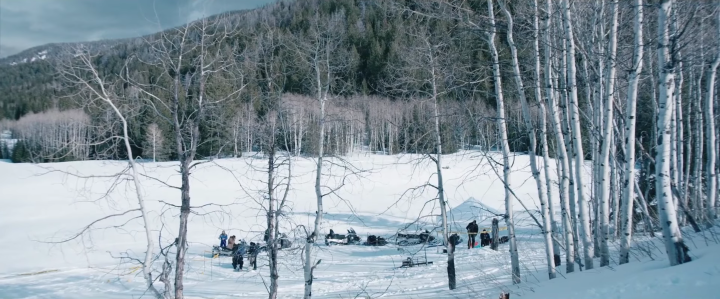
Elizabeth Olsen, as the lone FBI agent assigned to a murder investigation in Wind River, Wyoming, is treated by the other characters and the film itself as a little girl getting in the way of the real manhunters in town. Arriving from the Las Vegas office, she’s ill-dressed for the brutal climate of Wind River, as she is informed through mocking laughter and snarky remarks. She is constantly having her own job explained to her, and the script is content to make her oblige this. We even get a completely gratuitous shot of Olsen’s thong as she changes clothes before visiting the snow-covered crime scene.
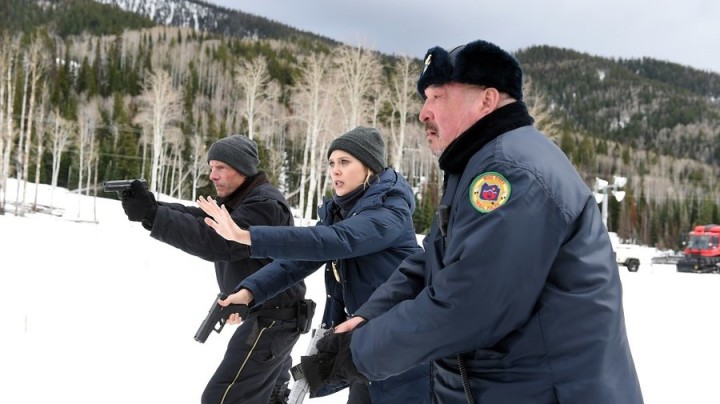
Even weirder is that the only other prominent female character in the film is also shown similarly undressed later on, though I’m at a loss as to what parallels I’m supposed to be drawing between the two. I’m left more with the sense that Sheridan simply isn’t all that fluent in cinematic language, instead stealing liberally from other films without understanding why or even how they work (The Silence of the Lambs is a very clear influence).
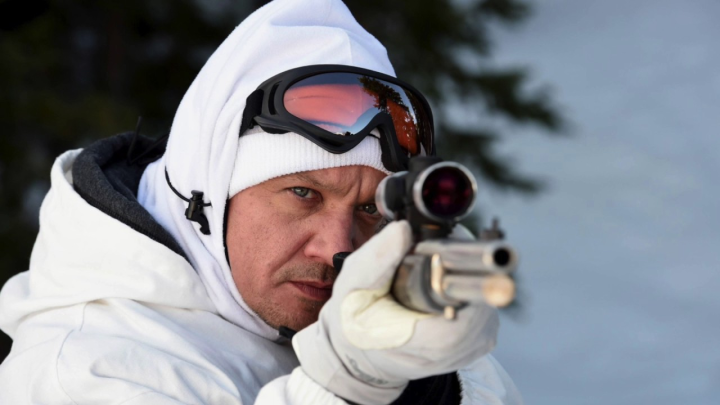
Jeremy Renner gets off a little easier, turning in his best performance in over a decade. While not terrible, I’ve never cared for him, but he is effective here as a man driven to take the law into his own hands for his own reasons. In the end, though, it’s not enough. Between overexplaining things that ultimately don’t matter and stumbling over elements that might’ve carried more weight in stronger hands, the film is at once too messy and too tidy. If you’re just looking for a cop thriller, you’ll do fine. Just don’t think too hard about any of it. The director certainly didn’t. Rated R for strong violence, a rape, disturbing images, and language.
Now Playing at Carolina Cinemark.



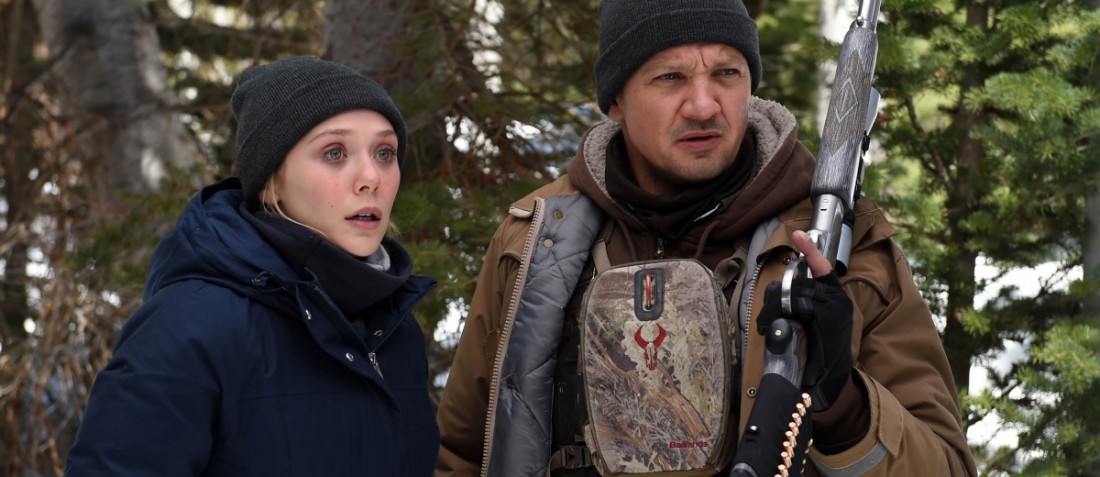

It is clear that the reviewer and I had very different perspectives on this movie. I would rate it easily a 4 star movie. Renner gives an outstanding performance that drives this deeply troubling and moving film providing a visceral depiction of the horror faced by Native American women disappearing in large numbers on reservation lands. The powerful social message is the center around which this movie coheres. If you liked Sicario and Hell or High Water, you will likely found Wind River equally moving.
I agree, Renner is very good here. As for that powerful social commentary, however, I have to say that the story being told from the point of view of two white people sort of muddles that a bit. And, again, as I mentioned above, that “large numbers” business is certainly clear from the title card at the end that spells it out, but nowhere else in this film is that message made clear. It’s certainly a story that needs to be told. It’s just unfortunate that this is the film we got as the means for telling it.